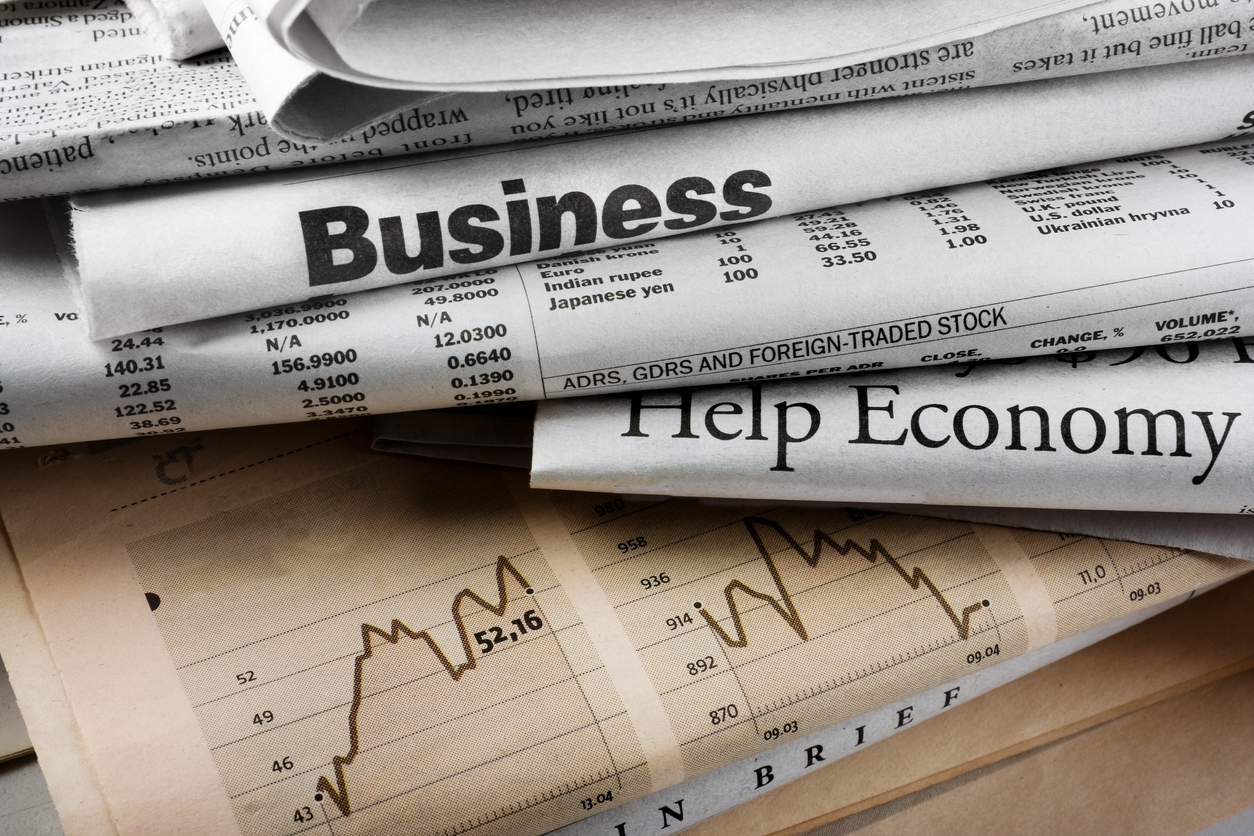Britain’s unemployment rate rose to 3.6% in the three months leading up to September, up from 3.5% in the previous three months, according to figures from the the Office for National Statistics.
The Bank of England has warned that unemployment will nearly double by 2025 as the UK goes through a tough recession.
A country is in recession when its economy shrinks for two quarters (three-month periods) in a row. The ONS previously revealed that the economy contracted by 0.2% from July and September.
The UK is expected to be in recession by the end of the year.


Wage rises also continued to be far outstripped by inflation. Average weekly earnings, excluding bonus payments, rose at an annual rate of 5.7% during the three months to September.
This is well below the official rate of inflation at 10.1%.
Higher prices for goods has led to many households cutting back on spending, which has started to drag on the economy.
Figures also showed that the estimated number of vacancies fell by 46,000 on the quarter to 1,225,000.
Darren Morgan, director of labour and economic statistics at the ONS, said: “The proportion of people neither working nor looking for work has risen again.
“Since the onset of the pandemic, this shift has largely been caused by older workers leaving the labour market altogether, but in the most recent quarter the main contribution has actually come from younger groups.
“August and September saw well over half a million working days lost to strikes, the highest two-month total in more than a decade, with the vast majority coming from the transport and communications sectors”.
Chancellor Jeremy Hunt said: “I appreciate that people’s hard-earned money isn’t going as far as it should.
“Putin’s illegal war has driven up inflation – a hidden and insidious tax that is eating into paychecks and savings.
“Tackling inflation is my absolute priority and that guides the difficult decisions on tax and spending we will make on Thursday.
“Restoring stability and getting debt falling is our only option to reduce inflation and limit interest rate rises.”
Meanwhile, Shadow Chancellor Rachel Reeves said the figures were a result of “12 years of Tory economic mistakes and low growth”.
“Real wages have fallen again, thousands of over 50s have left the labour market and a record number of people are out of work because they’re stuck on NHS waiting lists or they’re not getting proper employment support,” she said.
“What Britain needs in the Autumn Statement on Thursday are fairer choices for working people, and a proper plan for growth.”












